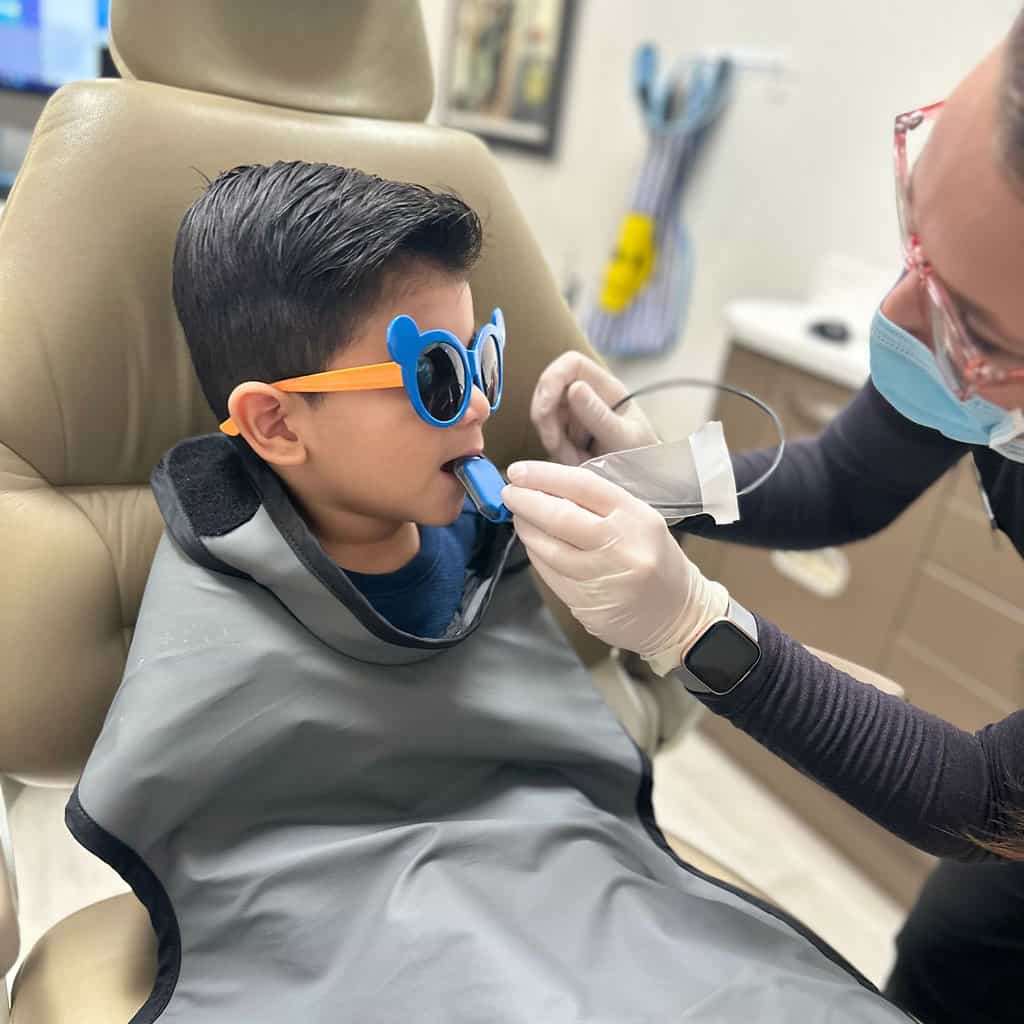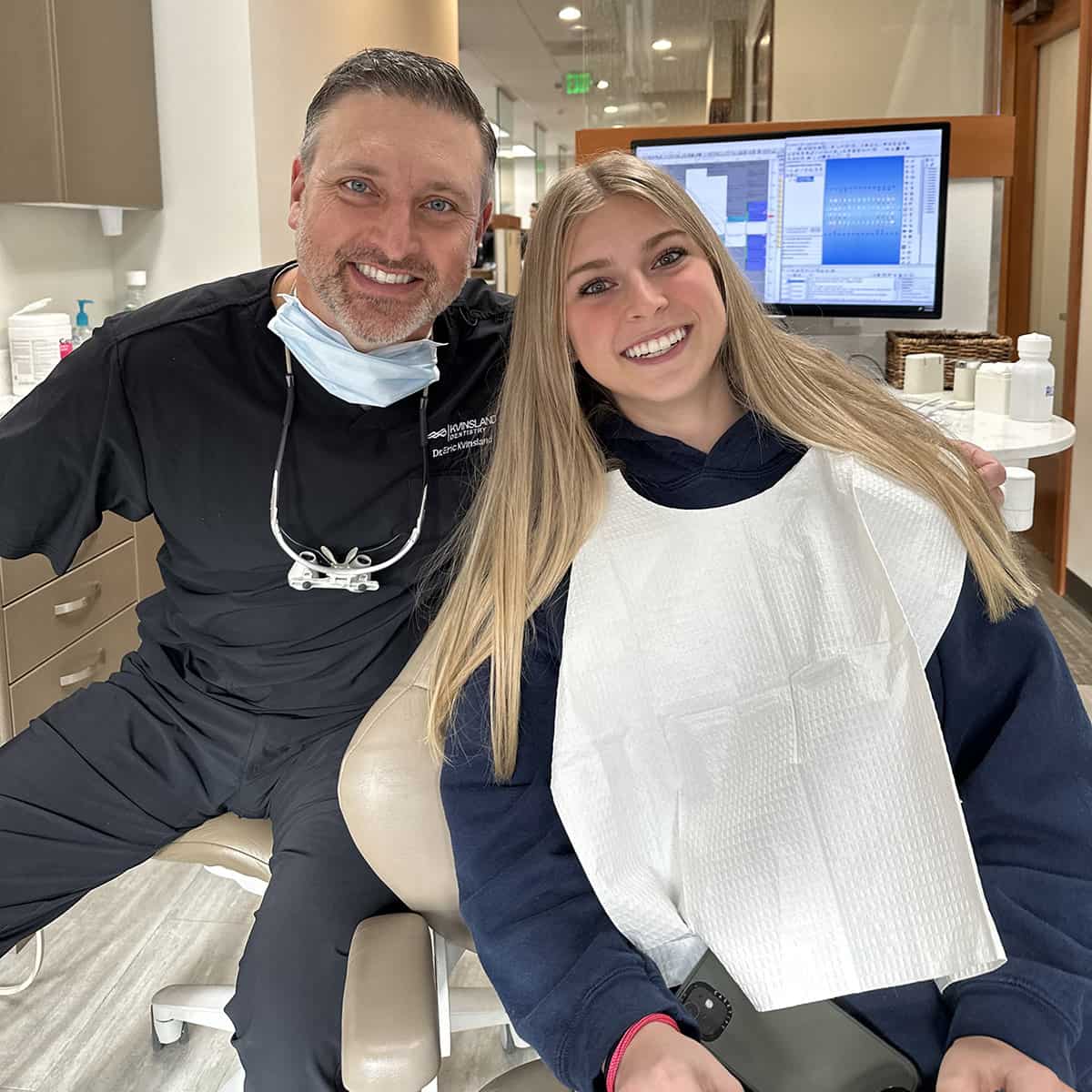Services
An Inviting Children’s Dental office in Gig Harbor, Washington
The Kvinsland Dentistry team has a gentle touch with kids. Dr. Kvinsland and Dr. Neal have a natural ability to win the trust of even the most sensitive children. Their excellent listening skills, attention to detail, and ability to relate to children one-on-one is naturally calming. Parents are confident in our staff’s professionalism, quality dental care, and excellent communication.
Explore Our Care for Your Child
Your Child’s Oral Health is Our Number One Priority
A child typically begins growing their primary teeth at around six months of age. Kvinsland Dentistry has found that a child’s first visit should happen between 1 and 3 years old. Establishing good dental health habits early helps with long-term dental health.
It is important to maintain primary (baby) teeth until they naturally fall out. Baby teeth are essential to many developmental functions, including learning speech patterns and chewing properly, impacting a person’s lifelong oral health.
When you are looking to set up your first visit with a kid’s dentist in the Gig Harbor, WA area contact the office of Kvinsland Dentistry!
A Dental Experience Tailored for Kids
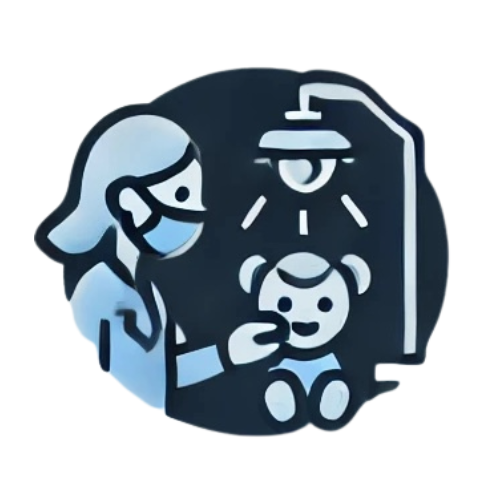
A Child-Friendly Atmosphere for Comfort and Fun
At Kvinsland Dentistry, we’ve created an environment where children can feel at home. From the moment they walk through our doors, your child will be greeted by colorful, playful décor, a warm and friendly team, and a welcoming atmosphere. Our office is designed to capture kids’ imaginations with fun touches like toys, books, and screens to keep them entertained. Every aspect of our space is thoughtfully crafted to ensure your child feels safe, relaxed, and even excited about their visit.
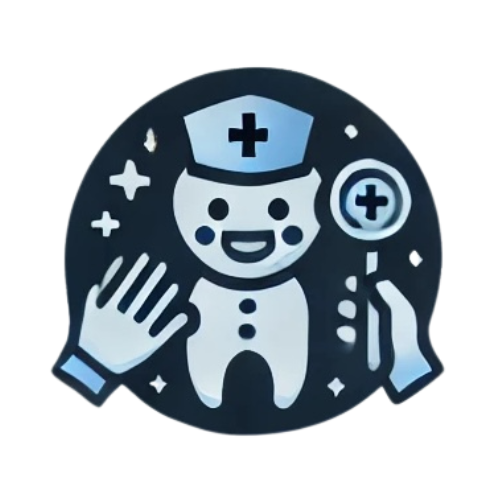
Age-Appropriate Care for Growing Smiles
We understand that each stage of your child’s development requires specialized care. Our services are tailored to meet the unique needs of every age group, from infants taking their first steps in oral care to teenagers preparing for adulthood. We provide preventive care such as cleanings, fluoride treatments, and sealants to protect young teeth. As your child grows, we also monitor their dental development and offer guidance or referrals for orthodontics when needed. Our goal is to keep your child’s smile healthy and confident every step of the way.

Education and Building Healthy Habits Together
We believe that creating good oral health habits early on is key to lifelong dental wellness. Our team takes time during each visit to educate both children and parents on proper brushing, flossing, and healthy eating habits. We demonstrate techniques in a way that’s easy and fun for kids to understand and provide resources so that good practices continue at home. We want every child to feel empowered in caring for their own smile!
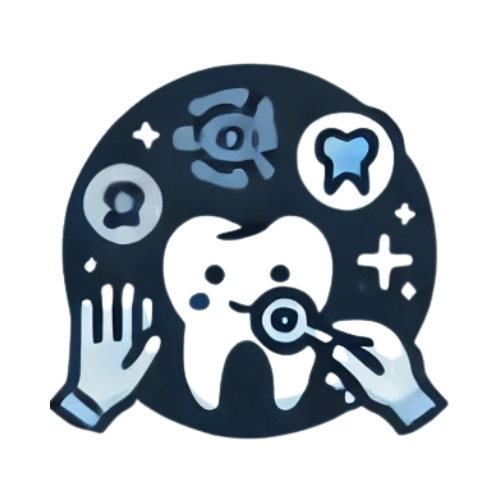
Gentle Techniques and Advanced Technology
At Kvinsland Dentistry, your child’s comfort is always our top priority. We understand that visiting the dentist can sometimes be overwhelming, which is why we go above and beyond to make the experience as smooth and stress-free as possible. Using the latest kid-friendly technology, we ensure that procedures are quick, efficient, and tailored specifically for children. Our gentle techniques, paired with minimally invasive methods, help reduce discomfort, ensuring that even the most sensitive little patients remain calm and relaxed throughout their visit.
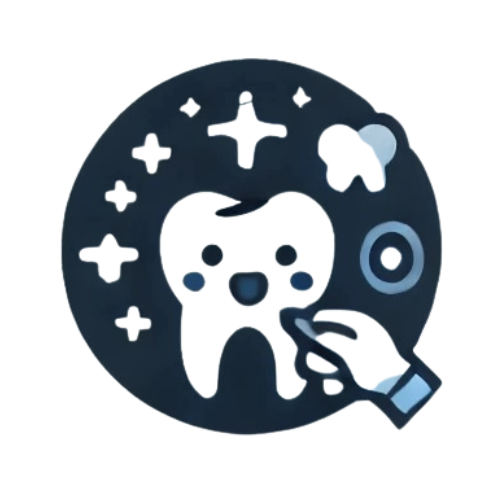
Helping to Prevent and Reduce Dental Anxiety
We know that the dentist can be a new and sometimes intimidating experience for children, which is why we’re dedicated to making every visit a positive one. Our approach includes introducing kids to dental tools and processes in a fun and playful way, using simple language that they can understand. We take time to build trust and ease nerves, whether through gentle humor, distraction techniques, or simply taking it slow. Our goal is for every child to leave with a smile—and look forward to coming back.
Preparing Your Child for a Trip to the Dentist’s Office
A child’s first visit to a dentist is a new experience and can be uncomfortable for some children. Providing adequate advanced notice and age-appropriate strategies the first trip to the dentist can be a positive experience.
We have helped children with sensitivities and are happy to work with you ahead of time to learn about your child and brainstorm what strategies can make the day successful. Our infant, toddler, and children’s dentists desire to make first visits a fun experience for children who would normally feel uncomfortable.
Normalize the Process:
Everyone goes to the dentist. Treating it as a normal activity with your child will help them build confidence. Have your child go with you and watch when you have your dentist appointments.
Impart Information:
Be honest, calm, and reassuring when talking to your child about the dentist. Talk about what to expect, what the office will be like, and how your child’s teeth will feel afterwards. There are plenty of age-appropriate books out there about visits to a children’s dentist; consider reading one of these together.
One of our favorites is “Brush Your Teeth, Please” a pop-up book.
Fun Dental Visits for Kids - Build Excitement:
Roleplay dentist visits with your child and speak about the visit in a positive way. Consider a fun outing after your dentist visit to create positive associations.
Manage Your Emotions:
Be aware that your own fears of the dentist may translate to your child. If you have your own fears, work to hide them or entrust another adult with the task of preparing your child for his or her visit.
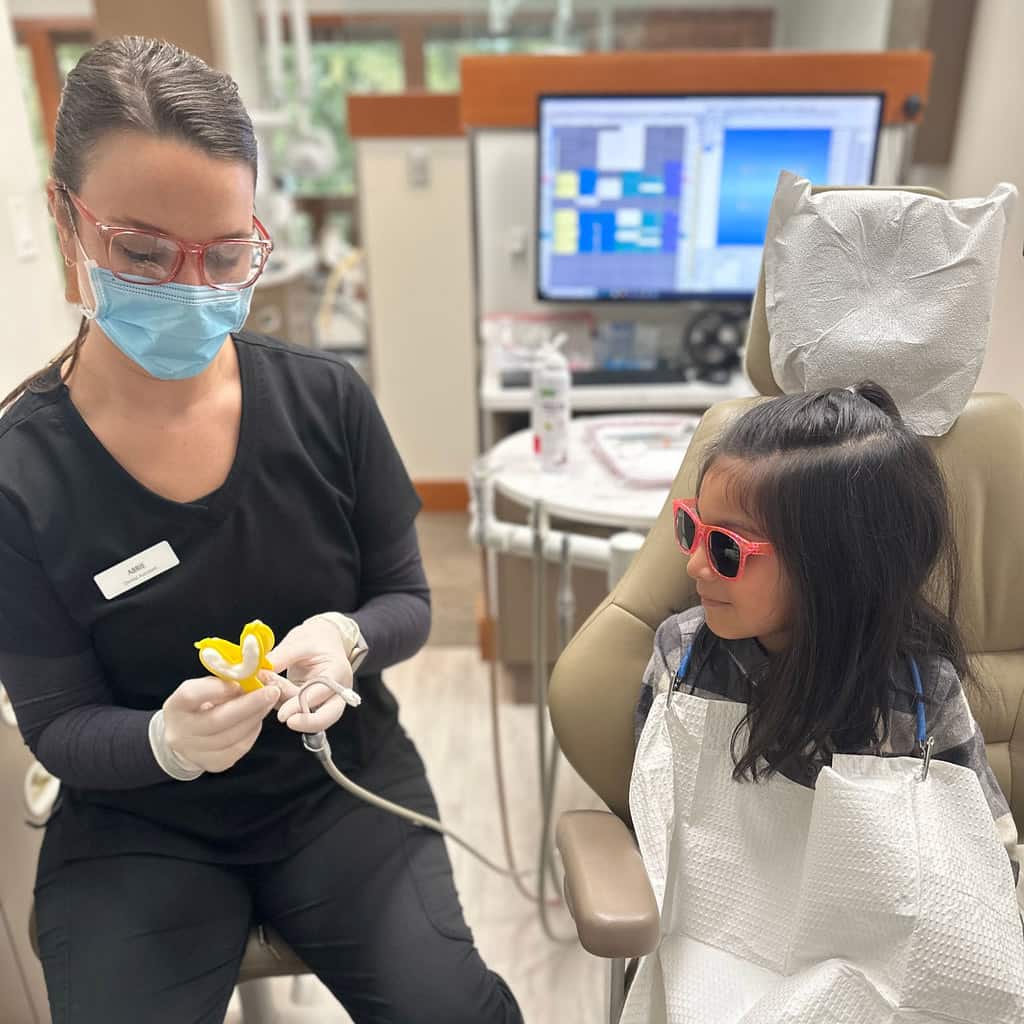
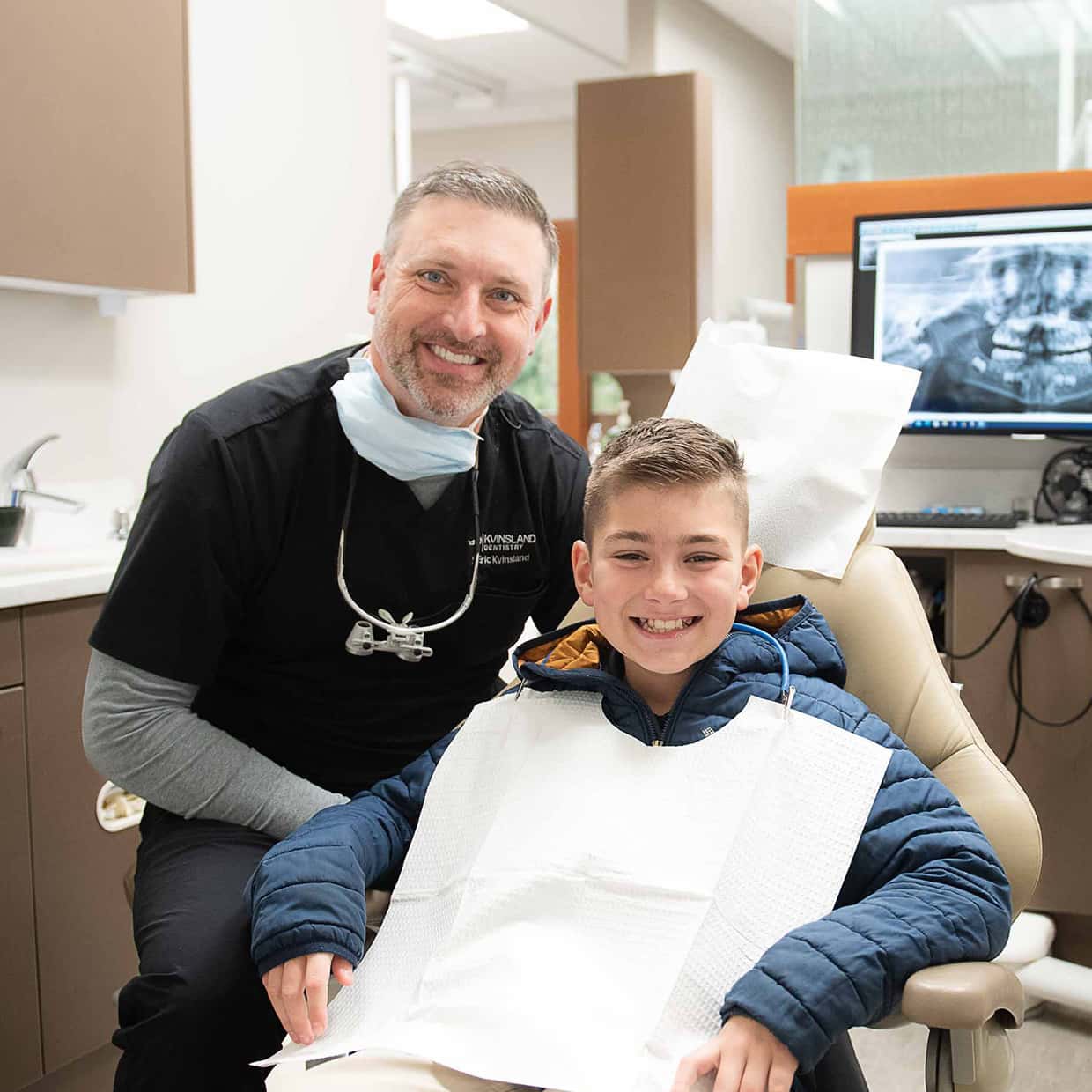
What your child can expect at their first visit with Kvinsland Dentistry
- Dr. Kvinsland or Dr. Neal will introduce themselves and get to know your child and their interests – establishing a relationship from day one. Of course, they will also check your child’s teeth and talk to them about the importance of teeth and keeping teeth strong.
- If the child is cooperative, the dental assistant will take x-rays of his or her teeth to give our dentists an idea of any treatments that might be needed.
- Our Dental Assistant will let them see, touch, and ask questions about each tool, so nothing is a mystery.
- Your child’s teeth will be cleaned with a gentle flavor such as bubble gum or strawberry.
- If the child is cooperative, he or she will get a fluoride treatment. Some children are not ready to sit still and not swallow on cue, which our professionals will take into account. If the fluoride treatment is successful, your child will not be able to drink or eat for 30 minutes after the appointment.
Children’s Dentist FAQ
When should I bring my child in for their first dentist visit?
Why Should We Restore or Place Fillings on Baby Teeth?
It is unwise to leave any amount of decay on baby teeth. Decay can easily move to other baby teeth or even to permanent teeth. It can also cause pain and expensive orthodontic problems that could be avoided. We recommend carefully restoring all decayed teeth, both baby and permanent, to optimal health.
Why are dentist appointments every six months for children?
Regular visits help a child get comfortable with their doctor and our staff. These visits are important to consistently evaluate your child’s growth and take early corrective measures if needed. Regular exams and cleanings help prevent decay and avoid costly problems later on. Regular dental visits are part of leading a healthy and normal life for your child and establishing long-term healthy habits.
Why Should My Child Have Fluoride?
Fluoride is a naturally occurring element and has been shown to decrease the chance of getting cavities drastically. Many of our adult patients who grew up with regular dental care and fluoride supplementation have few or no dental problems.
When Should My Child Begin to Brush Their Teeth?
- Brushing should begin before children can do it themselves.
- A wet cloth or gauze effectively cleans gums, removes plaque after nursing, and establishes a good habit early on.
- Gentle brushing with a soft bristle brush should begin when your child gets their first tooth. Flossing should become a daily habit by the time they have most of their primary teeth.
- Children can brush on their own with careful supervision at age six or seven. By eight or nine, they can floss on their own.
- The American Academy of Pediatric Dentistry says, “a good rule of thumb is: When children are accomplished enough in caring for their own needs that they can get up, bathe and dress themselves and comb their hair without your help – then they are ready to accept full responsibility for their mouth-cleaning program!”
My 8-year-old has a large space between his/her two front teeth. Should we be concerned?
Usually there is no need for concern, and the space will close over the next few years as the other front teeth grow into place. We will monitor progress during exams and help you determine if orthodontics may be recommended.
Are dental X-rays safe?
There is very little risk from receiving dental X-rays. Our state-of-the-art technology utilizes a fraction of the radiation used in the past. X-rays are highly valuable for finding hidden decay and tumors, as well as determine growth patterns.
Should I protect my kid's teeth during sports related activities?
Yes! We generally recommend that a soft plastic mouth guard should be used to protect a child’s teeth, lips, and cheeks from injuries.
- If your child plays contact sports, we can create a custom fitted mouth guard.
- For non-contact sports a soft plastic mouth guard purchased from most sporting goods stores are acceptable.
- Be sure to clean the mouth guard after each use by brushing it like you would your teeth, with a toothbrush and toothpaste. Store the mouth guard in a ventilated case.
What should I do if my child knocks out a baby tooth?
If a baby tooth is knocked out, it is best to leave it out or it may damage the permanent tooth below it. Always call us to make sure the whole tooth has come out.
What should I do if my child knocks out a permanent tooth?
The most important thing to do is to remain calm.
If you have the tooth and it appears to be intact:
- You should attempt to insert it back into its socket and then contact us immediately.
- Rinse the tooth gently before inserting it.
- Try not to touch or remove any biologic material from the root surface.
- If you have difficulty re-inserting the tooth, place it in a glass of milk.
- Contact us immediately, after hours contact information will be on our message.
If the tooth is shattered:
- Gather as many of the fragments of the tooth as you can, place it in a glass of milk, and call us immediately.
If the tooth is missing, call us immediately.
If the tooth is chipped or displaced (crooked):
- Try to assess if the child can bite correctly. Always call to be on the safe side.
Kvinsland Dentistry is here to support you. If something happens, give us a call.
How do I know if my child is getting enough fluoride?
Each child’s intake can vary greatly. We recommend discussing this during your child’s exam. If your child’s fluoride intake is insufficient, we may prescribe fluoride supplementation.
What toothpaste is best for my child?
What causes cavities and decay?
Decay is caused by plaque — a thin, sticky, colorless deposit of bacteria that constantly forms on everyone’s teeth. When sugar is eaten, the bacteria in plaque produce acids that attack the tooth enamel. After repeated acid attacks, the enamel breaks down and a cavity or hole is formed in the tooth.
What if an adult tooth is coming in and the baby tooth is still in the mouth?
This is a very common problem, especially in the front lower incisors. If the teeth are loose, they may come out on their own within a few weeks. If the baby teeth are not loose, your dentist may need to extract the baby teeth. In either case, it is best to come in and have our pediatrics specialists make sure the best course of action is taken for your child.
What are dental sealants?
Dental sealants protect the chewing surfaces of molars where most cavities in children are found. A sealant is a tough material that is painted into the tiny grooves and depressions in the molars. By “sealing out” food and plaque, sealants reduce the risk of decay. They are quickly and painlessly applied to any baby teeth and permanent teeth that, in the dentist’s opinion, are likely to get decay on the biting surface. Sealants must be checked periodically and replaced when necessary, though they generally last for several years.

